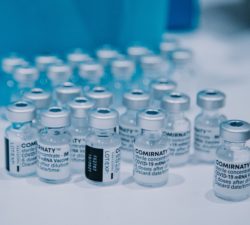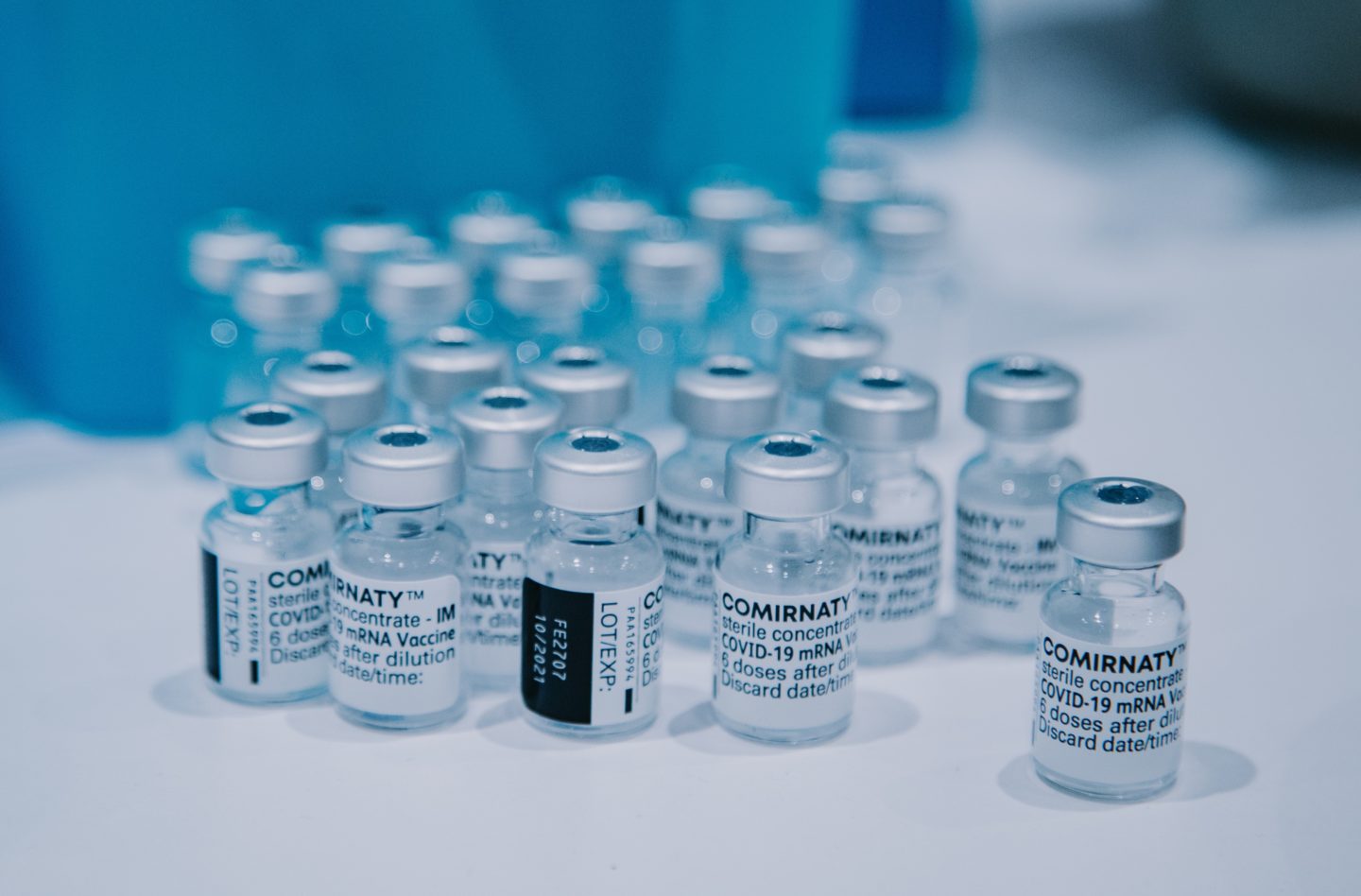In August 2019, pharmaceutical giants GSK and Pfizer announced plans to merge their respective consumer healthcare businesses into a single entity: GSK Consumer Healthcare. With 25,000 staff, this would be the world’s largest consumer health company. Moreover, GSK and Pfizer revealed that they intended to spin off the business as an independent company within three years.
Integrating two such giants of the industry, let alone preparing to launch a spin-off business in such a short space of time, constituted a huge challenge. The extreme nature of this challenge was exacerbated by the spread of COVID-19 in 2020, obliging GSK Consumer Healthcare’s workforce to operate remotely for extended periods rather than allowing the organization to smooth the new relationship through in-person working.
The company’s response was to launch an innovative “community of practice” (CoP): a self-organizing system of project managers from around the world. The intention was to establish a…


